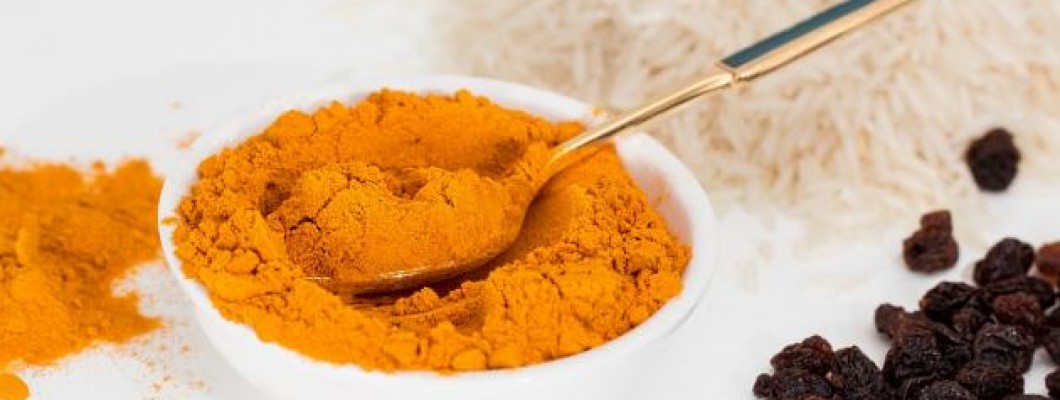
What are curry spices and their main uses?
Curry spice is one of the most prominent spices that adds a unique and distinctive flavor to food in various cuisines around the world. Curry is known for its complex and rich composition, combining a variety of spices and herbs to create an exceptional cooking experience.
History of Curry Spices
The origins of using curry spices can be traced back to Indian cuisine, where it was used in preparing curry dishes, a traditional Indian dish based on a mix of meat or vegetables with distinctive curry sauce. Over time, the popularity of curry spread to different parts of the world, becoming an integral part of many international dishes.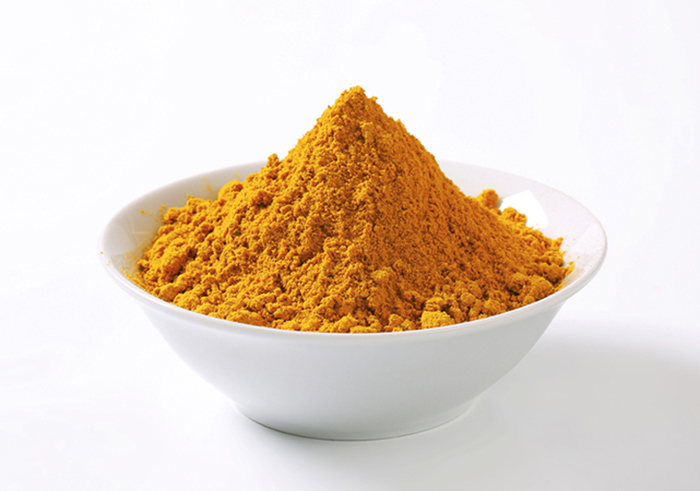
Types of Curry Spices
After the spread of curry spices worldwide, each country developed its own unique curry culture. Here are some types of curry from around the world:
- Indian Curry Spices: Originating from the Indian subcontinent, it is one of the most famous types of curry and is essential in most Indian dishes.
West Indian Curry Spices: Known for its intense heat, it is considered one of the most delicious dishes in the world. - Southeast Asian Curry Spices: This region is the birthplace of curry and has a distinctive flavor. Countries like Indonesia, Singapore, and Vietnam use coconut milk and a variety of spicy spices in curry sauces, each with its unique taste.
- East Asian Curry Spices: Curry dishes are considered national dishes in Japan, China, and Korea.
- Globally Famous Curry Spices: This type of curry consists of the same basic ingredients found in most countries around the world, with each country adding its unique blend of spices to the original mixture.
- Middle Eastern Curry Spices: This type of curry is known for its aromatic spices and is considered a delicacy in the Turkish half of Asia and some Arab countries.
- British Curry Spices: The United Kingdom is famous for dishes like chicken tikka masala, with turmeric being a prominent feature of curry in this region.
- South African Curry Spices: South Africa has rich curry traditions, with dishes like beef curry being among the most famous.
Key Countries Producing Curry Spices
India, Pakistan, Afghanistan, Bangladesh, Maldives, Nepal, Sri Lanka, Bhutan.
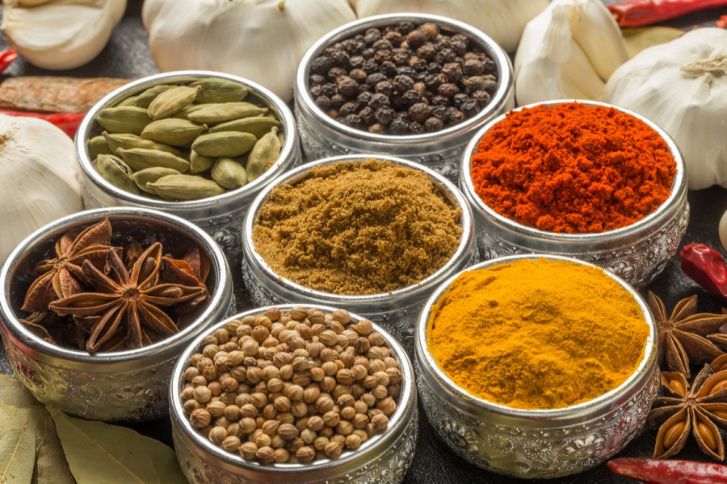
Components of Curry Spices
The number, components, and types of curry spices vary by region and country, but there are essential curry spices that cannot be dispensed with, such as:- Turmeric
- Coriander
- Cardamom
- Cumin
- Cayenne pepper
- Fenugreek
- Ginger
- Dried garlic
- Mustard
- Cinnamon
- Bay leaves
- Masala
- Cloves
- Black pepper
- Dried onion
Read more about Ottoman and Turkish spices
What Are the Uses of Curry Spices?
Curry spices can be used in various ways, such as:- Vegetable seasoning
- Preparation of curry-flavored snacks
- In the preparation of spice soups
- Preparation of the famous curry risotto dish
- Production of various sauces
- Flavoring meat and vegetable broths
- Adding flavor to chicken salad
- In burger making
Benefits of Curry Spices
Curry spices carry numerous health benefits. Here are some potential benefits:- Improving digestion: Curry is considered a digestive spice that can help stimulate digestion and reduce bloating.
Boosting the immune system: Curry contains antioxidant components like curcumin, which may help boost the immune system and protect the body from diseases. - Improving heart health: Some research suggests that curry components like curcumin may help lower cholesterol levels and improve heart health.
Anti-inflammatory effects: Curcumin in curry is considered anti-inflammatory and may have a positive effect on reducing swelling and alleviating pain associated with inflammation. - Improving joint health: Some individuals attribute the benefits of curry to its effect on improving joint health, especially in terms of relieving arthritis pain.
- Improving brain function: Some researchers believe that curry may play a role in improving brain function and preserving memory.
Enhancing fat digestion: Curry is helpful in improving fat digestion, which helps the body utilize nutrients better.
However, excessive consumption of curry can lead to various side effects, including:
- Bloating and heartburn
- Increased risk of kidney stones
- Increased risk of stomach ulcers
- Headaches and dizziness
- Excessive sweating
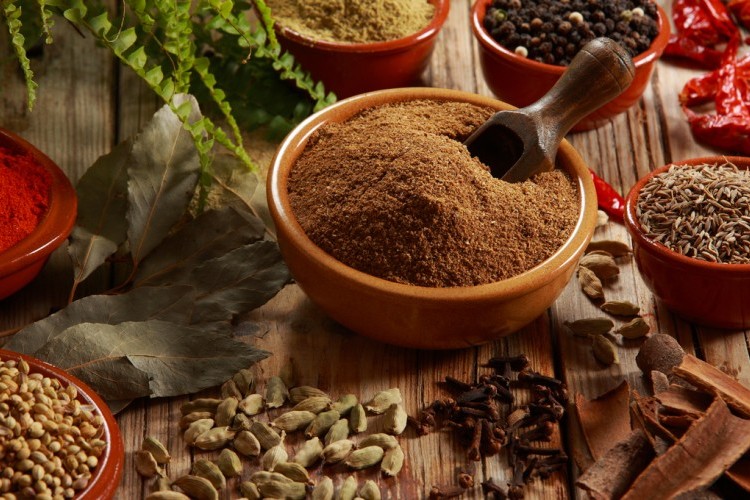
How to Prepare Curry Spices
Combine cumin, coriander, anise, fenugreek, mustard, and pepper in a pan over medium heat for ten minutes until the spices change color slightly and become fragrant. Remove from heat, let cool, then grind in a coffee grinder with turmeric. It is recommended to store it tightly sealed in a room temperature container.Buying Curry Spices Online
You can now get fresh curry spices through Sweet Saray store, specializing in delivering Turkish products worldwide, at the best price and with expedited shipping.In conclusion, curry spices are not just spices used to enhance food flavor, but they also have valuable health benefits. Curry is a unique blend of natural ingredients that contribute to improving digestion, strengthening the immune system, improving heart and joint health, and may have anti-inflammatory and positive effects on brain function.
However, consumption should be moderate, and it's advisable to consult a doctor before incorporating it significantly into the diet, especially for those with specific health conditions.

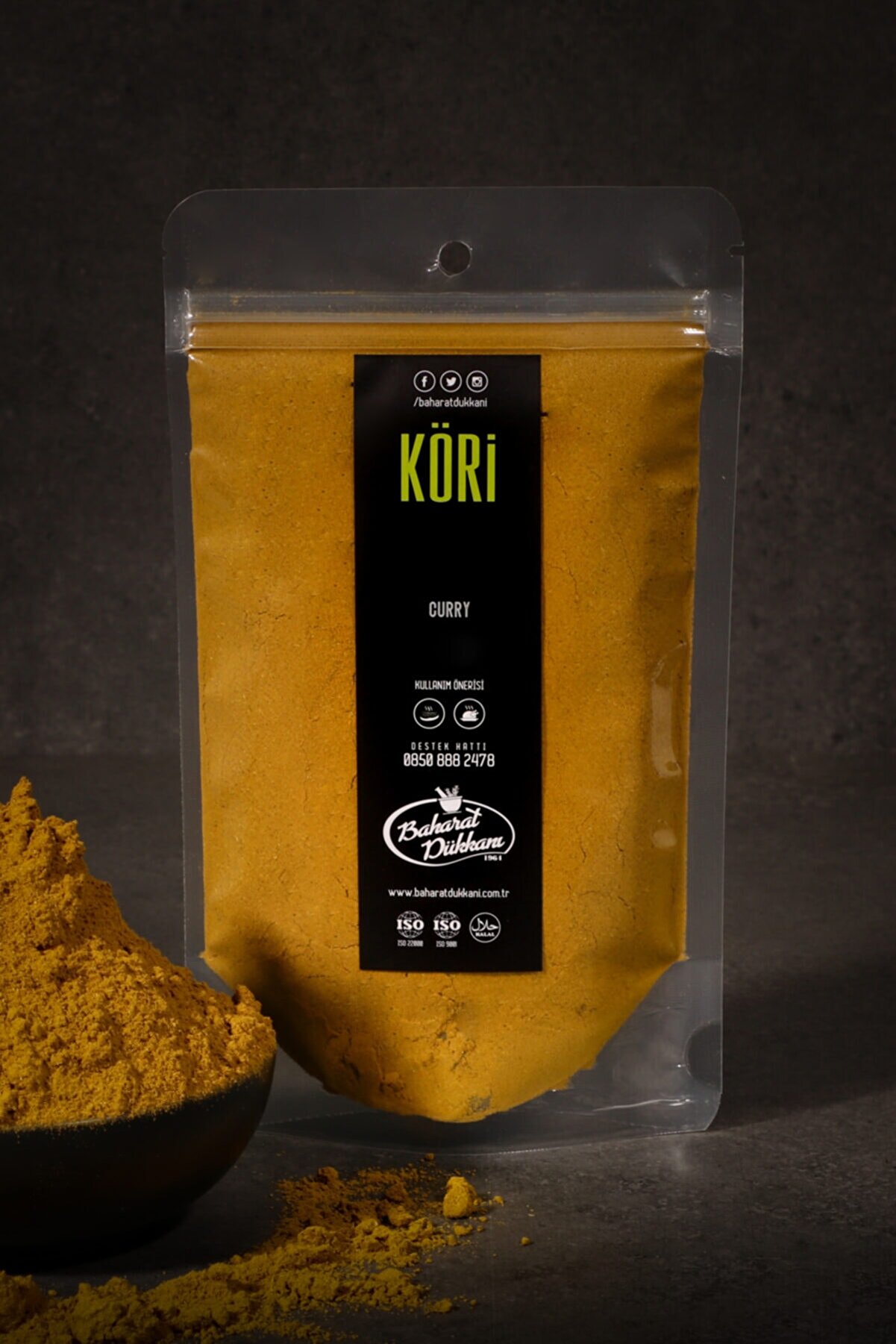
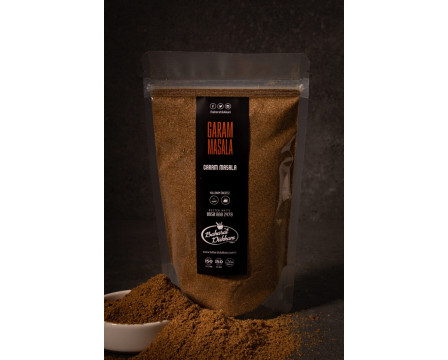

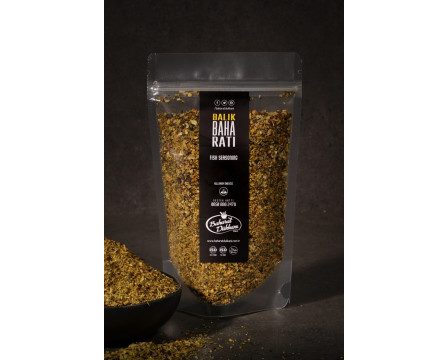
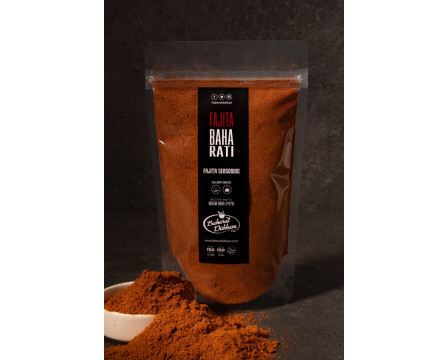
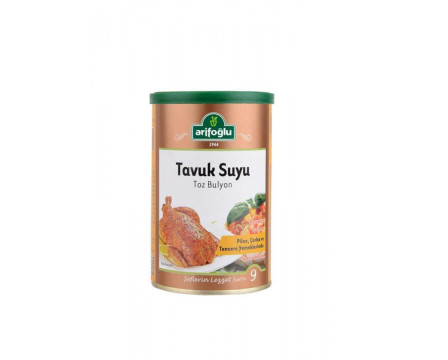
Leave a Comment